As a truck driver, your electronic logging device (ELD) isn’t just another piece of equipment — it is your daily companion. A reliable electronic logbook can simplify compliance with regulations, reduce stress on the road, and even improve profitability, while an unreliable one can lead to downtime, frustration, and costly violations.
With increasing operational costs and stricter regulations, choosing the right elog system has never been more important. A dependable system doesn’t just ensure compliance — it supports better route planning, real-time communication, and efficient operations. Upgrading to a better ELD for drivers can save valuable time, streamline administrative tasks, and give drivers peace of mind during their runs.
This guide will explore the essential features truckers need from an electronic logging solution, address common concerns, and highlight how advanced systems can enhance safety, efficiency, and overall driving experience.
Do you have any questions? Talk to ELD Advisor: 650-405-3372 or Request Callback
What Drivers Need Most from an ELD
Your ELD helps you stay compliant, efficient, and stress-free on the road. Choosing the right one can make your day-to-day easier and keep you focused on what matters most. Here’s what truckers value most in a reliable electronic logbook:
- Ease of use. A well-designed logbook app makes logging your hours simple. It should have an intuitive interface with a clear display you can read at a glance, no matter the lighting. Automatic driving detection and quick access to inspection mode save you time and reduce hassle, especially during roadside checks.
- Reliable performance. An ELD needs to work wherever the road takes you. Look for one that maintains a steady connection, even in remote areas, and handles tough conditions like extreme temperatures or rough terrain without skipping a beat.
- Seamless compatibility. Your logbook should fit into your workflow with minimal adjustments. The best systems work with Android and iOS devices, support different truck models, and integrate with your fleet management tools. This flexibility ensures your ELD adapts to your needs, not the other way around.
- Responsive support. Issues on the road happen, and when they do, you need help fast. Top providers offer knowledgeable support teams who are available when you need them. Whether it’s technical assistance or guidance on using the app, good support can make all the difference.
- Durable hardware. Trucking isn’t easy on equipment. Your device should be tough enough to handle constant vibration, extreme weather, and the wear and tear of the road. A device built to last means fewer interruptions and more time behind the wheel.
By focusing on these key features, you can find an electronic logbook that works with you. A reliable logbook isn’t just about compliance — it’s about giving you the tools you need to drive smarter and more efficiently.
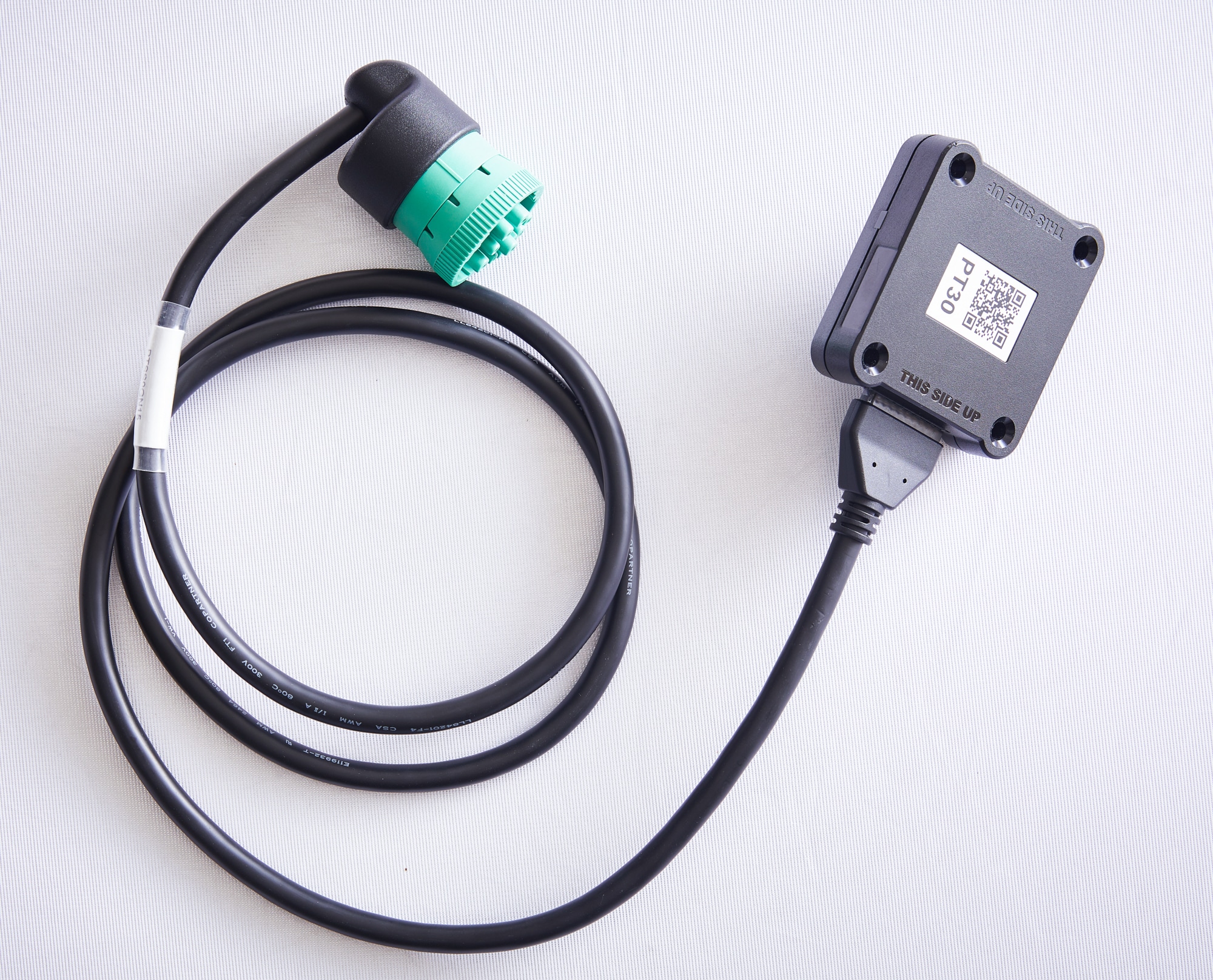
Common Driver Concerns with ELDs and How to Address Them
For many drivers, electronic logs can feel like a double-edged sword. They’re meant to simplify your job, but when things go wrong, they can add to the stress of the road. Here’s a breakdown of some common frustrations and how the right elog system can make a difference.
Loss of Flexibility
Running behind because of traffic or road closures is frustrating, especially when your logbook seems unforgiving. While elogs strictly enforce hours of service (HOS) rules, smart systems help you manage your time more effectively. Real-time updates on your available hours and alerts before you hit your limits let you plan ahead, avoid violations, and reduce stress.
Technical Issues
Few things are worse than dealing with a glitch during a roadside inspection or when trying to update your logs. Reliable systems are built for stability, maintaining connections even in tough conditions. If something goes wrong, your provider’s support team should be ready to assist quickly and efficiently.
Cost Concerns
The upfront price of an electronic logging system can seem high, but consider the long-term savings. A dependable system reduces violations, simplifies IFTA reporting, and helps with fuel efficiency, which can save significant money over time.
Data Privacy
Many drivers worry about constant monitoring and how their data is being used. The best elog providers focus only on what’s necessary for compliance and safety. They take data privacy seriously, with secure handling that ensures your logs are about staying compliant, not tracking your every move.
Electronic logs can feel like an extra challenge, but the right system turns them into a reliable tool. Providers like HOS247 address common concerns with features designed to make your life easier, from reliable hardware to real-time support. When your elog system works for you, not against you, it becomes one less thing to worry about on the road.
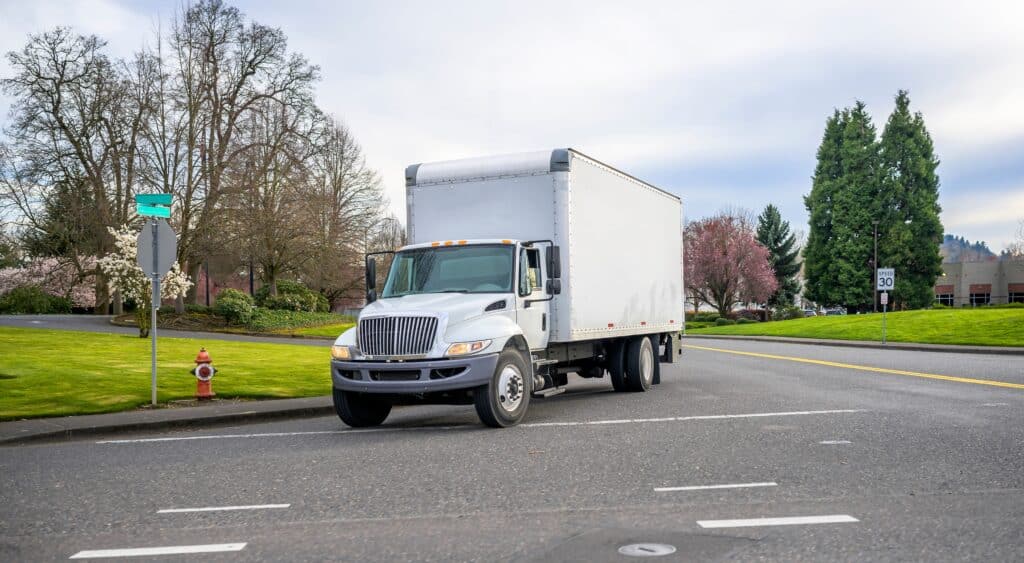
The Role of Electronic Logbooks in Improving Driver Safety and Productivity
For many drivers, electronic logging devices might feel like another set of rules forced into the cab. It’s true, they were introduced to enforce HOS compliance. But looking past the mandate, a good ELD can actually work in your favor, easing some of the stress that comes with life on the road.
Think about the constant pressure of tracking hours manually or remembering to update your logs during a long haul. An electronic logbook takes care of that for you, automatically logging your driving time and sending reminders for breaks before you hit a violation. It’s not about taking control away — it’s about keeping things simple and helping you avoid fines or delays.
Beyond compliance, a solid electronic logging system can save you time and energy. No more flipping through paperwork or worrying about messy logs during a roadside inspection. With clear, automated records, you can breeze through checks and spend less time on admin tasks at the end of your shift. And when it comes to planning your day, features like GPS tracking and route optimization mean fewer wasted miles and fewer headaches.
Safety is another area where elogs quietly pull their weight. By keeping you aware of your hours and nudging you to rest when you need it, they help cut down on fatigue — a major cause of accidents. It’s not about micromanaging your time; it’s about giving you the tools to keep yourself and others safe on the road.
At the end of the day, an ELD might not be the gadget you wanted, but the right one can be the partner you didn’t know you needed. It’s there to handle the grunt work, so you can focus on what you do best: driving.
Best ELD For Drivers
When searching for an electronic logging device, many drivers turn to app store ratings and reviews from fellow truckers to gauge reliability. These real-world experiences can offer valuable insights into how different ELD systems perform on the road. Let’s examine how major electronic logbook apps rank based on actual user feedback from professional drivers who use these systems daily.
| RANK | ELD PROVIDER | iOS APPSTORE | ANDROID PLAYSTORE |
|---|---|---|---|
| 1 | |||
| 2 | Motive | ||
| 3 | JJ Keller | ||
| 4 | BigRoad | ||
| 5 | Garmin | ||
| 6 | Rand McNally | ||
| 7 | |||
| 8 | Transflo | ||
| 9 | PeopleNet |
Remember to consider other crucial factors like hardware reliability, customer support availability, and total cost of ownership. Even a highly-rated app might not be the best fit for your specific needs. That’s why it’s worth taking a closer look at how to switch providers if your current system isn’t meeting your expectations.
How to Switch to a Better Elog Provider
Switching to a new elog provider can feel like a big change, but when your current system isn’t cutting it, making the move can save time, reduce stress, and improve your operations. Here’s how to approach it step by step.
- Identify the Pain Points
Take note of what isn’t working with your current system. Is the app glitchy? Are support wait times too long? Does it miss critical updates? Knowing these pain points helps you focus on what to look for in your next provider. - Research New Options
Look for elog providers that meet FMCSA compliance requirements and offer features that address your challenges. Focus on reliability, ease of use, and solid customer support. Checking reviews from other drivers can give you real-world insights. - Test the System Before Committing
Choose a provider like HOS247 that offers a trial period. Use this time to test how the system handles logging, inspections, and connectivity. A hassle-free return policy ensures you can move on if it’s not the right fit. - Plan the Transition
Schedule the switch during a slower period to avoid disrupting operations. Many modern systems install in minutes and are easy to set up. Familiarize yourself with the new system’s interface before hitting the road. - Train and Adjust
Spend time learning the new elog system, whether that’s through online tutorials, user guides, or hands-on practice. The smoother the adjustment, the quicker you’ll see the benefits of your new system.
Switching providers might take some effort, but choosing the right solution can make your daily operations simpler and more efficient.
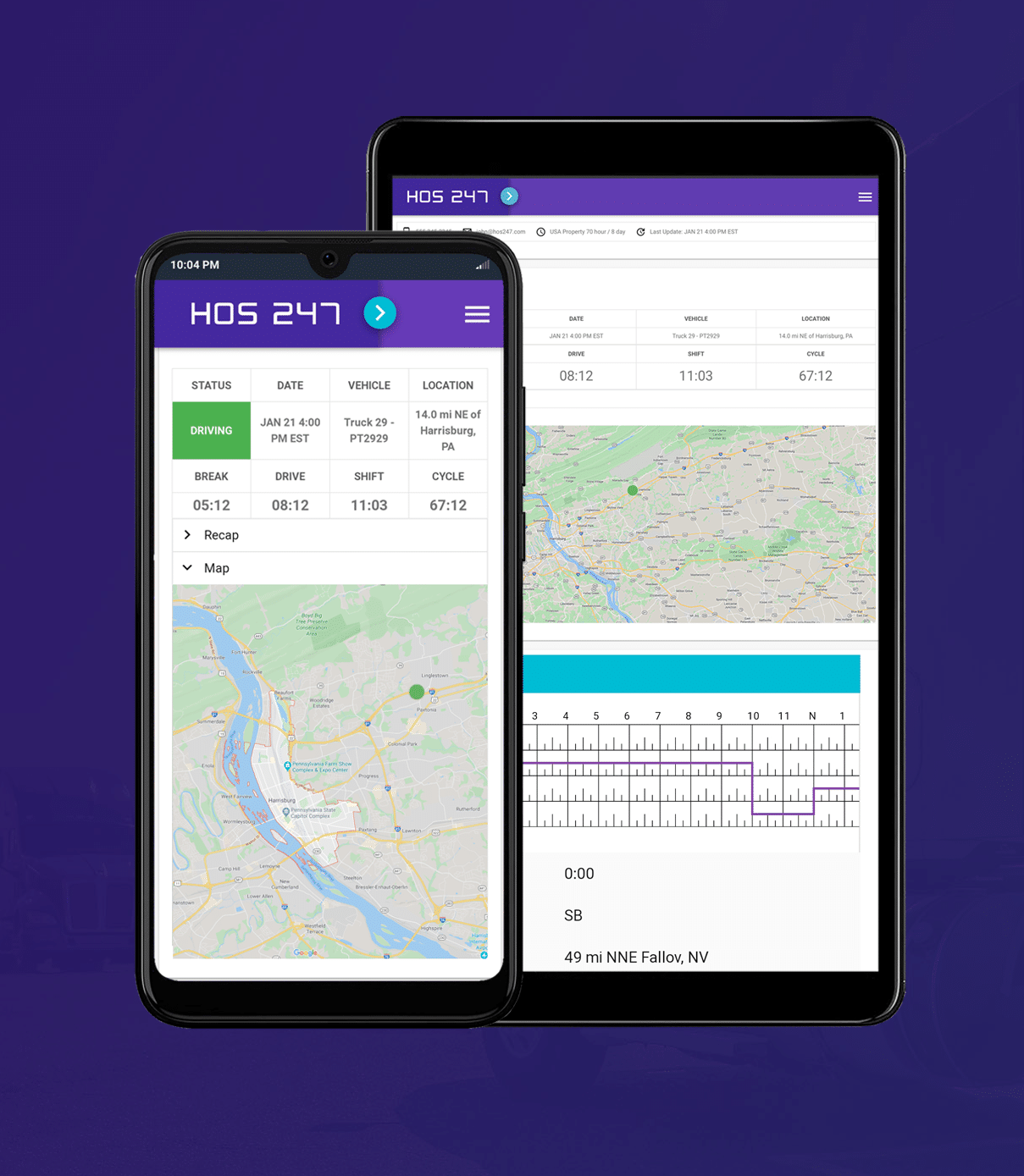
The HOS247 ELD Advantage
Drivers need an electronic logbook that delivers reliability without complexity. HOS247 has established itself as a leading provider by focusing on what matters most to drivers: straightforward operation, dependable performance, and outstanding support. This commitment to driver needs is reflected in our high ratings and positive reviews across major platforms.
- User-friendly interface. The HOS247 app features an intuitive design that requires minimal training. Drivers can manage logs, complete vehicle inspections, and handle roadside inspections with just a few taps.
- Multilingual support. Get help in English, Spanish, Russian or Polish from knowledgeable professionals who understand both the technical aspects and the realities of trucking.
- No-contract policy. Unlike providers that lock you into long commitments, HOS247 earns your business month by month, offering the flexibility to adjust your plan as needed.
- Quality hardware. Our devices are made with high-quality materials for reliable performance and stable Bluetooth connection.
- Quick installation. The plug-and-play hardware installs in minutes, connecting seamlessly with your smartphone or tablet via Bluetooth, getting you back on the road quickly.
- All-in-one solution. Beyond basic logging, HOS247 provides GPS tracking, IFTA reporting, and electronic DVIRs in one integrated package.
Choosing the right ELD is a critical that impacts your daily operations and bottom line. HOS247’s combination of reliable technology and outstanding support makes us an ideal choice for drivers seeking a hassle-free electronic logging solution. Whether you’re a single owner-operator or part of a larger fleet, HOS247 provides the tools and support you need to stay compliant and productive on the road.
Choosing the Right Electronic Logging System
Selecting an electronic logging device is a significant decision that impacts your daily operations, compliance status, and overall efficiency on the road. While many providers promise similar features, the details of their implementation and service quality can vary. When evaluating elog solutions, consider these essential factors to choose the best ELD for drivers:
- Core functionality. The system must be FMCSA-approved and handle automatic driving detection, HOS tracking, violation alerts, and DVIR management. These basic features should work reliably without constant attention from the driver.
- Hardware quality. Your device needs to be compatible with your vehicle, maintain stable connections, and withstand tough conditions. Look for robust warranty coverage and proven durability in extreme temperatures.
- Mobile app design. The interface should be intuitive enough to use without extensive training. Quick access to inspection mode, clear hours displays, and efficient log management make a significant difference in daily use.
- Support services. Consider the availability of technical support, language options, and response times. Quality providers offer consistent support when you need it and provide thorough training resources for new users.
- Total cost structure. Evaluate the complete financial picture, including monthly fees, hardware costs, and contract terms. Be wary of hidden fees and understand exactly what your investment covers.
Taking time to assess each criterion helps ensure you select a solution that will serve your needs effectively while avoiding costly mistakes or service issues down the road. Remember that the lowest-priced option isn’t always the most cost-effective in the long run.
Frequently Asked Questions About ELDs
Can I choose my own ELD or must I use my company’s system?
Owner-operators can select their own ELD. Company drivers typically must use their employer’s chosen system. However, you can share your preferences with management, especially regarding user-friendly interfaces and reliable support.
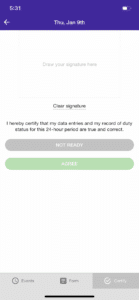
What happens if my ELD malfunctions on the road?
If your ELD fails while you’re driving:
- Notify your carrier immediately.
- Reconstruct your logs for the current day and previous 7 days.
- Keep paper logs until your device is working again.
- Document the malfunction and get the device repaired within 8 days.
How secure is my ELD data?
Quality ELD providers employ multiple security measures to protect your data. This includes encrypted connections, secure data storage, and restricted access controls. You have the right to access your own records, and data sharing with law enforcement is limited to compliance verification.
Can I edit my ELD logs?
Yes, but with important limitations. According to FMCSA regulations, you can add notes and make corrections, but you cannot change automatically recorded driving time. All edits must include annotations explaining the changes, and both original and edited versions are preserved in the system.
What if I need to use a different truck temporarily?
Most providers allow you to switch between vehicles under your account. The process typically involves logging into your app and selecting the new vehicle. Some systems also offer portable devices that can move between trucks easily.
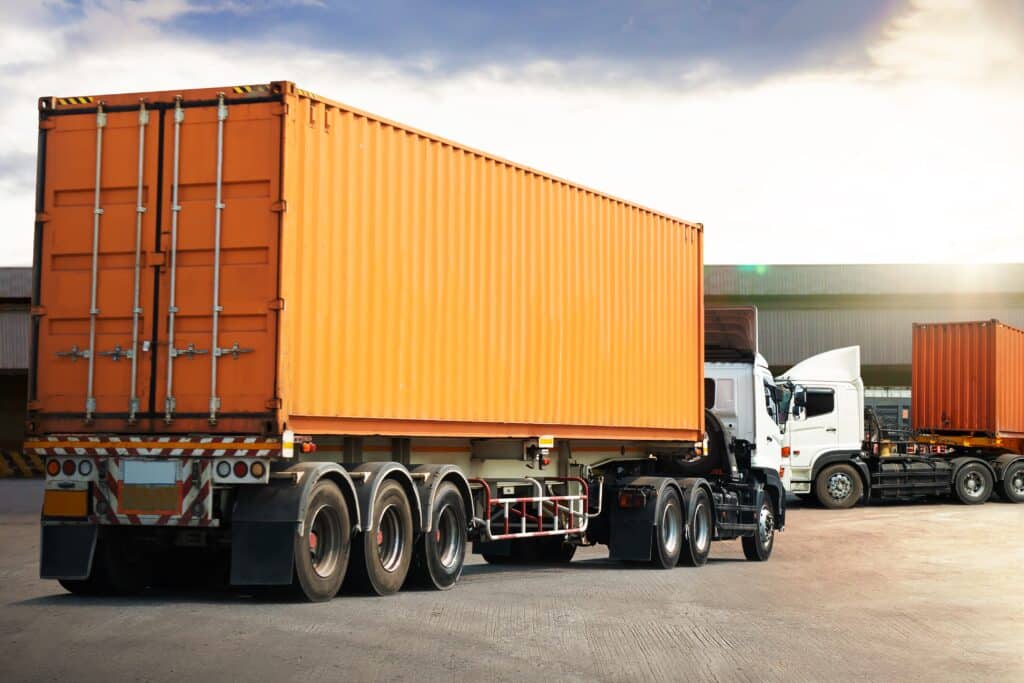
Conclusion
The days of viewing ELDs as mere compliance devices are over. Today’s electronic logging solutions can be powerful tools that enhance your driving experience, protect your livelihood, and even boost your earning potential. The key lies in selecting a system that works for you, not against you.
Throughout this guide, we’ve explored what makes a quality logbook system – from crucial features like intuitive interfaces and reliable performance to essential support services that keep you moving when issues arise. We’ve seen how leading solutions like HOS247 are raising the bar by offering comprehensive features, outstanding support, and driver-friendly policies.
Whether you’re currently struggling with an unreliable system or looking to make your first elog purchase, take the time to evaluate your options carefully. Consider how each system aligns with your specific needs, operational requirements, and future goals. Contact HOS247 today to discover how our solution can help you drive with confidence and stay compliant with less effort.

I’ve co-founded, built and managed several transportation-related businesses. Now, I’m a founder and CEO of HOS247 – an AI Transportation Platform for trucking companies, freight brokers and other logistics operations. We are transitioning old-style operations to technology-advanced logistics entities and help them to grow their businesses. ELDs (electronic logging devices), fleet tracking and management 2.0 combined with AI-powered dispatch tools.











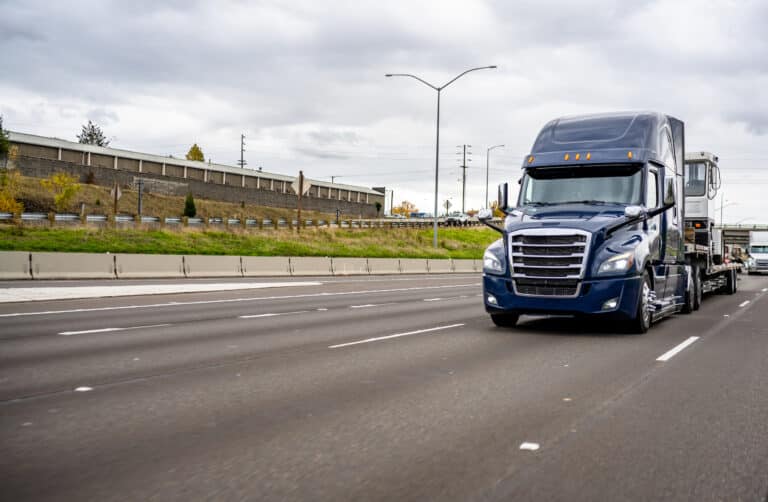
The FMCSA has developed a list for electronic logbook providers to register their logbook systems. Trucking professionals must choose from this ELD approved list. However, there are hundreds of options, so carriers should consider several factors before deciding which one
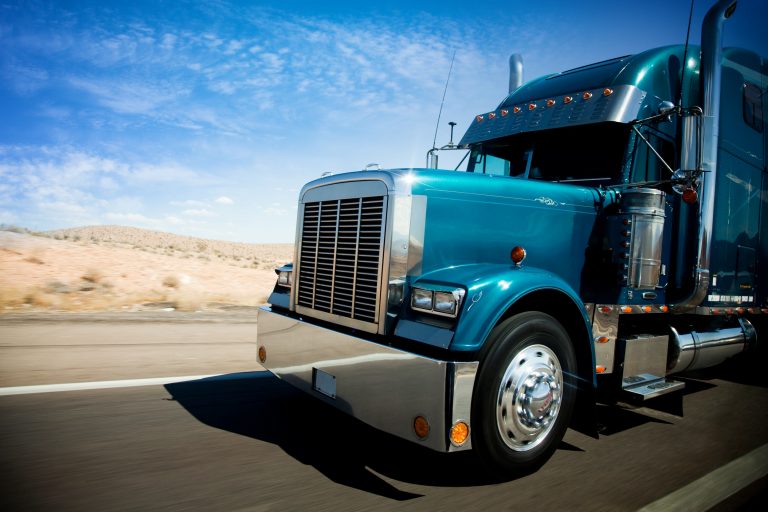
An electronic logging device is a federally mandated device for most commercial driver license holders who must maintain records of duty status. These devices help monitor the drivers’ time on the road to meet hours of service compliance. HOS247 is

GPS tracking has become a valuable tool for truckers looking to protect their assets and maximize profits. Its ability to provide real-time location and other critical information is transforming how fleets are managed. From bolstering efficiency to enhancing security and